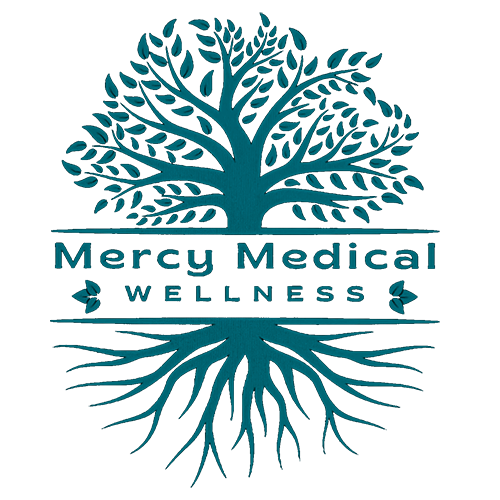What is Cold Laser Therapy?
The revolutionary treatment that is being used to help fight chronic inflammation in all types of people.
Cold laser therapy, also known as low-level laser therapy (LLLT) or photobiomodulation, is a non-invasive treatment approach that utilizes low-intensity laser light to stimulate cellular function and promote healing in various tissues of the body. While cold laser therapy has been traditionally used for pain management and tissue repair, there is emerging evidence suggesting its potential effectiveness in addressing long-haul symptoms.
Long-haul symptoms, also referred to as post-acute sequelae of SARS-CoV-2 infection (PASC) or long COVID, are a range of persistent symptoms that continue to affect individuals even after the acute phase of COVID-19. These symptoms can include fatigue, brain fog, muscle weakness, joint pain, respiratory issues, and more.
Cold laser therapy may help alleviate long-haul symptoms through several mechanisms. Firstly, it has been shown to enhance cellular metabolism and energy production by stimulating the mitochondria, the powerhouses of the cells. This can potentially boost overall energy levels and reduce fatigue experienced by long-haul patients.
Additionally, cold laser therapy has anti-inflammatory effects, which can be beneficial for individuals experiencing persistent joint pain, muscle soreness, or respiratory issues. By reducing inflammation, it may help alleviate pain and improve overall mobility.
Moreover, the laser light used in cold laser therapy has been reported to have positive effects on the immune system. It can modulate immune responses, potentially helping to regulate the immune dysfunction observed in long-haul patients. This immune modulation may contribute to the reduction of symptoms such as brain fog and respiratory problems.
Furthermore, cold laser therapy has been found to stimulate tissue repair and regeneration by promoting collagen synthesis and enhancing blood circulation. This can aid in healing damaged tissues and potentially alleviate symptoms related to tissue damage caused by the viral infection.
It is important to note that while cold laser therapy shows promise in addressing long-haul symptoms, further research is needed to fully understand its mechanisms and establish its efficacy. As with any medical treatment, it is recommended to consult with healthcare professionals who specialize in cold laser therapy to determine its suitability for individual cases and to develop a comprehensive treatment plan.

